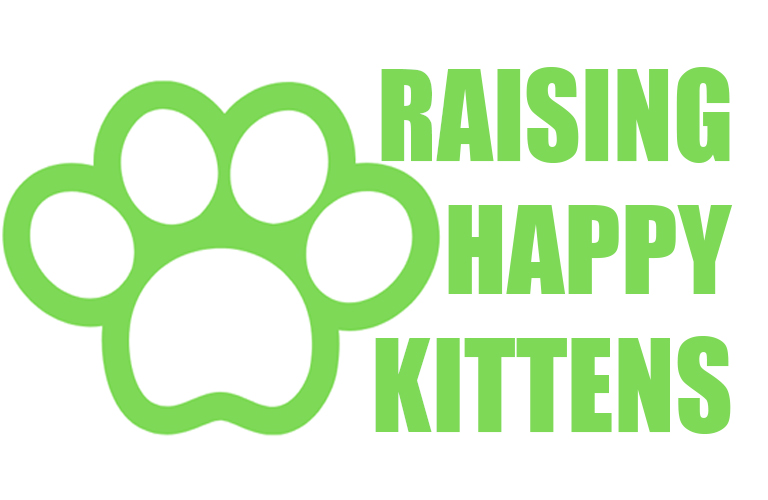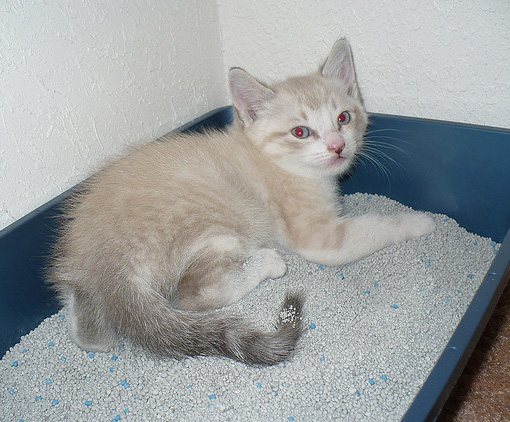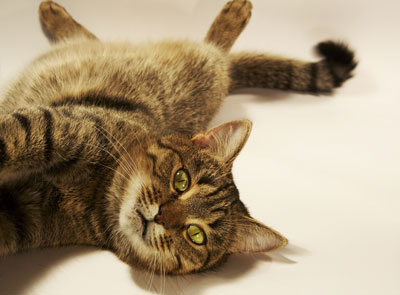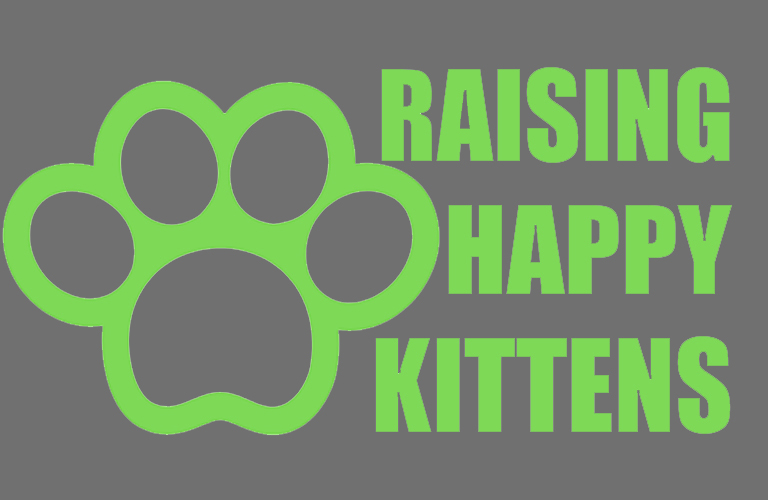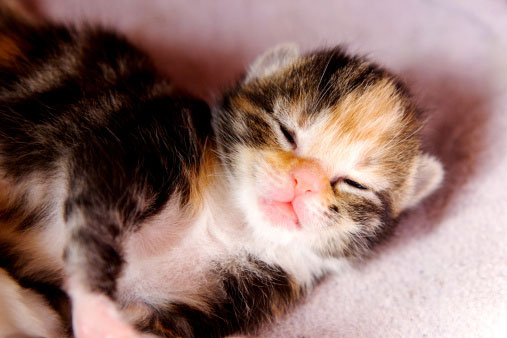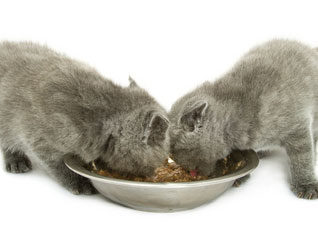One of the most alarming sounds for cat owners is hearing your cat vomiting.
You wonder, is he really sick? Did he just eat too fast?
What do you do when your kitten is throwing up and when should cat vomit be an issue of concern?
More often than not, this is not a health threat.
You want to pay attention to several factors to determine the seriousness of vomiting including frequency, timing, and triggers to help rule out serious medical conditions.
First, we will look at common causes.
Causes of Cat Vomiting
There can be any number of reasons why your kitten is vomiting. Some aren’t anything to worry about while others could potentially cause harm for your kitty.
Hairballs
Listed first, because this is the most frequent cause of vomiting.
When excessive fur has built up in your feline’s digestive system from grooming, your cat’s stomach will reject it to avoid blockages and constipation.
While it can take a few minutes, that wad of hair finally comes out. Brush your kitty daily, as this could help reduce hairballs.
You can also introduce various hairball remedies that come in a tube with a palatable flavor for most cats, or alternatively you can swab the inside of her mouth with a small daily dollop of petroleum jelly (Vaseline.)
Eating Rapidly
Cats may experience sickness and vomiting when they consume their food too quickly.
As frustrating as this is, it is not usually a health concern for your cat. Just make sure the contents are just food and not bile.
Infections
A number of infections as well as parasites can cause cat vomiting. This could include anything from roundworms to Salmonella and Giardia.
While less common, it is always important to have your vet rule out these causes.
Food Allergies
If your kitten has developed a cat food allergy, this could be the cause.
If food allergies are indeed the culprit, you can expect the episodes to be chronic and could also be accompanied by weight loss and diarrhea.
Rapid Food Changes
You should take up to a week or so to introduce new foods because some foods may cause his stomach to become upset.
Avoid giving him table scraps, and begin blending old food with new in ever-increasing amounts slowly.
Toxins
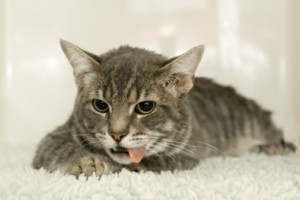 If you have an indoor cat, then this may not be an issue, but toxins can be ingested by him and will result in cat vomiting.
If you have an indoor cat, then this may not be an issue, but toxins can be ingested by him and will result in cat vomiting.
Lead, antifreeze, particular plants, etc. are all examples of toxins that could cause vomiting.
If you believe that your cat may have ingested something toxic, you should call your veterinarian immediately.
When to Call the Vet for Cat Vomiting
It is important to know when you need to call the veterinarian for cat vomiting.
Your cat could experience vomiting just once or twice then go about the rest of her day full of energy like always.
However, there could be a time when she continues to vomit and doesn’t seem her eager self.
Here are a few signs that you should call your vet immediately:
- If vomiting continues for longer than 24 hours
- If there is blood in it
- If it’s accompanied with diarrhea, exhaustion or lack of appetite
- If it appears chronic (off and on for a week or more)
- If the cat vomiting is happening persistently and your cat is very young, old or in otherwise poor health
- If your cat is dry-heaving, or only vomiting water or bile
If you just aren’t sure and are worried about your cat vomiting, don’t procrastinate and call your vet ASAP. Vomiting may not be anything to worry about, but it could be a symptom of an underlying condition.
